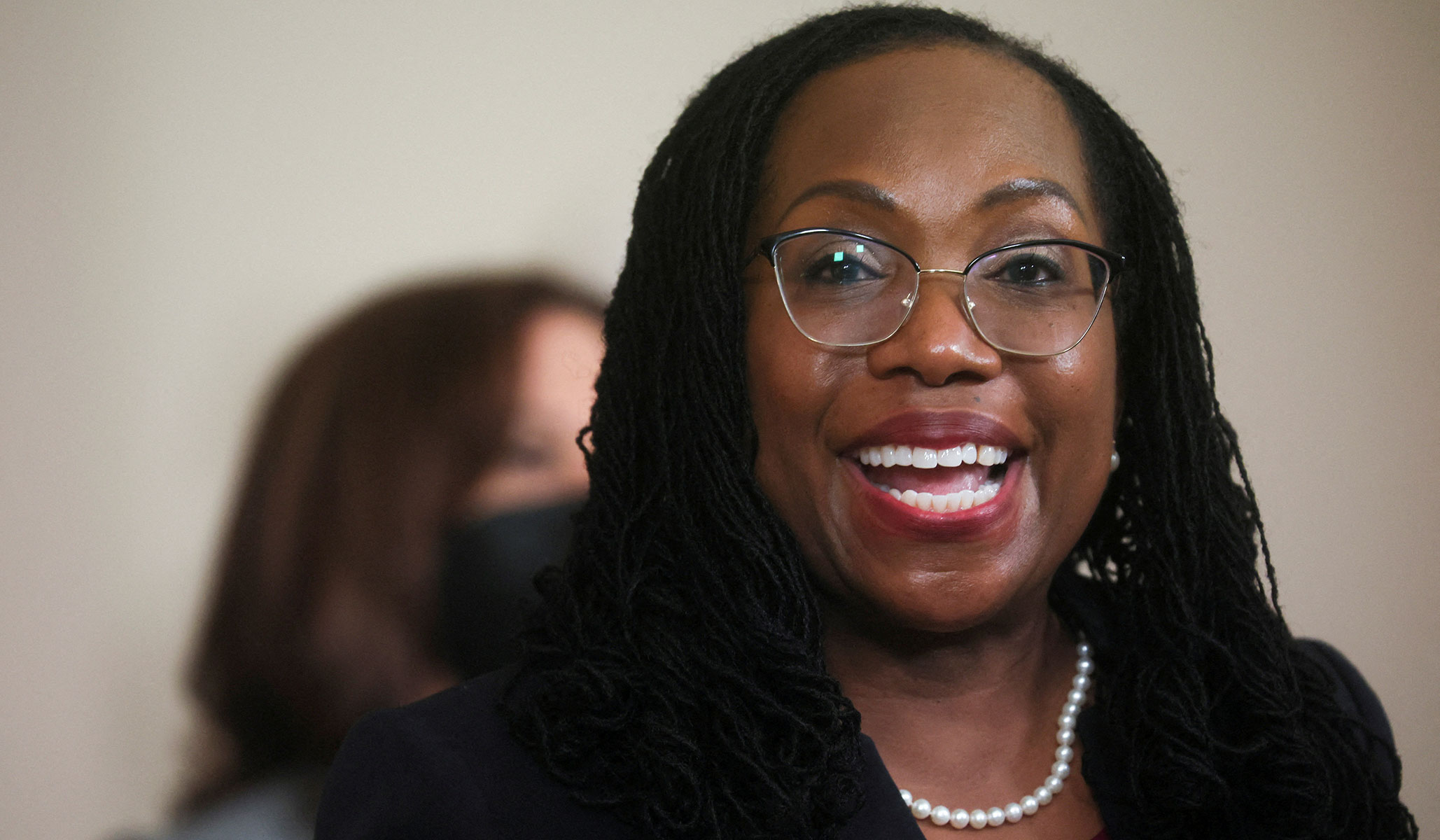I’m having difficulty understanding why there is any doubt that Ketanji Brown Jackson, as a Supreme Court justice, would be required to recuse herself from taking part in the Court’s consideration of the challenge brought by Students for Fair Admissions to Harvard’s use of racial preferences in admissions.
Judge Jackson has been a member of Harvard’s Board of Overseers since 2016. As Harvard itself explains, its Board of Overseers is one of Harvard’s two “governing boards.” Together with the Harvard Corporation (also known as the President and Fellows of Harvard College), the Board of Overseers “help[s] to shape the University’s agenda, inquire into the quality and progress of its activities, and assure that Harvard remains true to its mission.” It “provides counsel to the University’s leadership on priorities, plans, and strategic initiatives.”
The federal statute on judicial recusal states: “Any justice … shall disqualify himself in any proceeding in which his impartiality might reasonably be questioned.” In many instances, it might be unclear whether that provision governs. But in other instances it is clear.
Assume that a person served on the board of directors of Coca-Cola at a time when a lawsuit against Coca-Cola was pending. That person, after stepping down from Coke’s board, gets appointed to the Supreme Court, and that very lawsuit ends up in the Court for decision. Would anyone argue that the justice could take part in deciding the case?
I don’t see how Judge Jackson’s situation is any different. Surely, given the scope of the Board of Overseers’ responsibilities, Harvard’s odd structure of two governing boards doesn’t matter. (I would think that even service on a purely advisory board would warrant recusal.) Nor do I see how it would matter whether Judge Jackson took part in any discussions regarding the case or Harvard’s admissions policies, just as I don’t think it would matter whether the Coke director ever discussed the lawsuit against Coke. (Members of the Board of Overseers are in any event “expected to honor the strict confidentiality of meetings and discussions” and are required to sign a statement in which they commit to do so, so reliable information on any discussions should be impossible to obtain.)
Nor do I think that the Coke board and the Harvard board can be distinguished on the ground that Coke directors receive substantial compensation and members of Harvard’s Board of Overseers presumably don’t. Set aside whether various perquisites accompany service on Harvard’s Board. What matters under the federal statute is that it is entirely reasonable to question the impartiality of someone who served on the board of an entity that is a party to a case that was pending during that person’s service.
